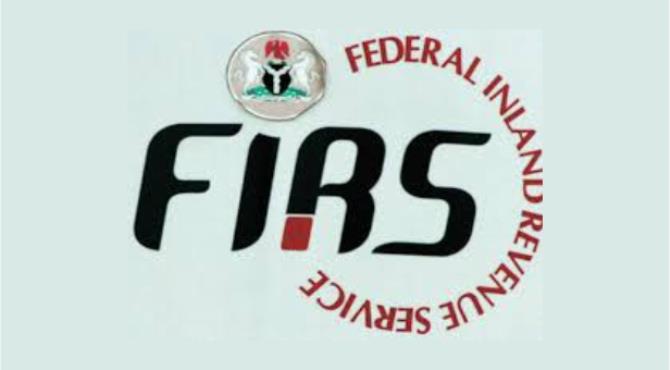The Federal Government has hunted down 700,000 firms that have never paid taxes as it seeks new revenue sources to offset low oil prices that have pushed the country into its first recession in more than 20 years.
The Executive Chairman, Federal Inland Revenue Service, Tunde Fowler, said in an interview with Reuters that he also expected 10 million individuals to be discovered by December and made to pay taxes for the first time.
Nigeria slid into recession in the second quarter and militant attacks on oil facilities in the Niger Delta region have cut crude production, which provides 70 per cent of government revenues, by around a third.
Planned loan deals with foreign lenders have yet to materialise, prompting the President of the Senate, Bukola Saraki, to speak of an “economic emergency.”
The government, struggling to fund a record N6.06tn budget that aims to stimulate growth by tripling capital expenditure, set for the FIRS a target of raising N4.95tn in taxes this year, up from N3.73tn in 2015.
However, the FIRS does not appear to be on track to meet its target for tax collection so far this year, but experts believe it can do better in future.
“We collected a little over N2.3tn so far, from January to August 31. It is almost at par with last year but take into consideration that the economy is going through a little slowdown,” Fowler said.
He explained that revenue from Value Added Tax had increased by 25 per cent year-on-year and corporate income tax held steady over the same period, but petroleum profit tax was expected to have halved, mainly due to low oil prices.
Fowler, appointed last year after a stint as tax chief in Lagos where monthly tax revenues surged by 70 per cent in the four years to December 2012, said the FIRS was expecting to generate N5.2tn in 2017.
The tax chief said a new unit created at the start of the year had deployed inspectors armed with laptops to update databases, registering businesses and individuals who are then tracked to check whether they have paid taxes, with business executives saying they were getting “aggressive” visits from tax inspectors.
“We have been able to add about 700,000 companies and we expect to add about 10 million individuals across the nation by December,” said Fowler, adding that this would bring the total of registered individuals to 20 million.
John Ashbourne, Africa analyst at Capital Economics, said Fowler’s target of doubling the number of taxpayers was “ambitious” and would be hard to achieve in a country where “paperwork is often lacking.”
But he said the projections for 2017 were “quite achievable,” adding, “Revenue will almost certainly be much, much higher next year, but this is primarily due to the devaluation of the naira, which has boosted the local-terms value of each oil barrel that is exported.”
Even a doubling of the number of individuals paying taxes in Africa’s most populous nation of 180 million inhabitants, where 80 per cent of the workforce is employed in the informal sector, leaves the FIRS with an uphill struggle.


 Forex3 weeks ago
Forex3 weeks ago


 Naira2 weeks ago
Naira2 weeks ago
 Billionaire Watch2 weeks ago
Billionaire Watch2 weeks ago






 Naira3 weeks ago
Naira3 weeks ago






 Naira2 weeks ago
Naira2 weeks ago


 Naira1 week ago
Naira1 week ago




 Naira4 weeks ago
Naira4 weeks ago






 Naira1 week ago
Naira1 week ago





















